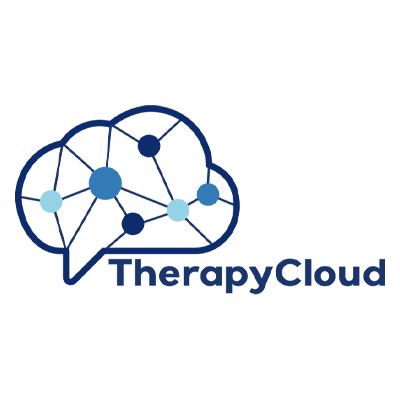The Importance of Professional Networking for Therapists

If you’re a therapist, you know one thing for sure: no single practitioner can be everything to every client. Mental health is complex, and the challenges your clients face can be equally diverse. That’s why knowing who to turn to when your client’s needs go beyond your specialty isn’t just helpful but also essential. And that’s where professional networking for therapists comes in.
Building a strong network of trusted therapy colleagues does more than just help you make confident referrals. It opens the door to ongoing collaboration, professional support, shared learning, and new opportunities that can enrich your practice and personal growth. Networking creates a community where therapists can connect, exchange ideas, and lift each other up, which benefits you and your clients alike.
Why Therapist Referrals Matter in Private Practice
Sometimes, the best way to support a client is by connecting them with another professional whose training or focus better matches their current needs. Maybe you specialize in couples therapy, but someone has complex trauma, substance use, or the need for psychiatric evaluation. Or maybe a teen client would benefit from someone who works specifically with adolescents via group therapy, which is something that you do not offer.
A Therapist referral is not about passing clients along but about prioritizing their healing journey and connecting them with the most effective care available. Having a go-to network makes these transitions smoother, faster, and more trustworthy for everyone involved.
Professional Networking Creates Space for Growth
Beyond referrals, therapist networking helps you grow as a mental health professional. Being part of a connected community means you are surrounded by people who really get what you do. This network of people can offer fresh perspectives, practical strategies, or simply a word of encouragement on a tough day.
Maybe someone even introduces you to a new approach or tool that changes how you practice. Maybe a peer invites you to collaborate on a workshop or shares how they handle something you have been struggling with. These everyday exchanges can have a big impact on a therapist’s professional life.
Therapist networking can also inspire you to stretch professionally. When you see your peers trying something new, writing, teaching, building groups, or creating resources, you start to see what is possible for you, too.
Reduce Isolation and Build Real Support
Private practice can be lonely. You spend your days focused on others and hold space for heavy emotions, which can lead to burnout.
But, when you are part of a professional community, that sense of isolation lifts. You have people you can check in with. You can ask questions, troubleshoot sticky situations, or get a kind response back.
That emotional support is necessary. Therapists need to feel seen and supported just like everyone else.
Networking Can Strengthen Your Business Too
There is also a very real business benefit to networking. When you build authentic relationships with other professionals, referrals go both ways. Your peers are more likely to send clients your way when they know personally and trust your work.
On top of that, collaboration opens the door to new revenue streams. You might team up with other therapists to host workshops or create group programs. You might write articles together, create content, or explore passive income options by offering digital resources.
TherapyCloud makes this even easier with features designed specifically to support therapists. From secure communication tools and a Continuing Education (CE) tracker to a community-driven feedback system and opportunities to share and sell therapeutic content, our all-in-one platform is built to help you grow your practice in meaningful and sustainable ways.
How to Start Building Your Network Now
If you are just getting started or want to expand your current network, here are a few ways to dive in:
- Start with curiosity. Reach out to peers in your community or online and ask about their specialties or interests.
- Join groups or attend events. Whether in person or virtual, workshops and conferences are great spaces to meet like-minded professionals.
- Use platforms like TherapyCloud. It is designed to make networking simple and natural for therapists.
- Be generous. Share referrals, resources, encouragement, and your time. People remember kindness, and community builds from it.
- Stay consistent. Networking is not a one-time task. Keep showing up and being part of the conversation.
How TherapyCloud Helps You Build That Network
We know that finding the right people to connect with is not always easy. That is why we created TherapyCloud to make professional networking for therapists more accessible, more personal, and way more effective.
With TherapyCloud, you can:
- Browse and connect with therapists based on specialty, location, and approach
- Communicate securely and privately with peers
- Get real feedback and insights from other professionals and your clients
- Keep track of your continuing education without juggling multiple systems
- Collaborate with others and share your own content or expertise
It All Comes Back to Better Care
At the end of the day, professional networking is not just about you. A strong community makes therapist referral easier and more effective, helping you guide each person toward the care they truly need, even when that care is not you.
And when you are supported, growing, and inspired by others in your field, your work becomes more sustainable and even more impactful.
Join TherapyCloud and start building your community today. Together, we can make therapy better, more connected, and more human for everyone.


.png)

